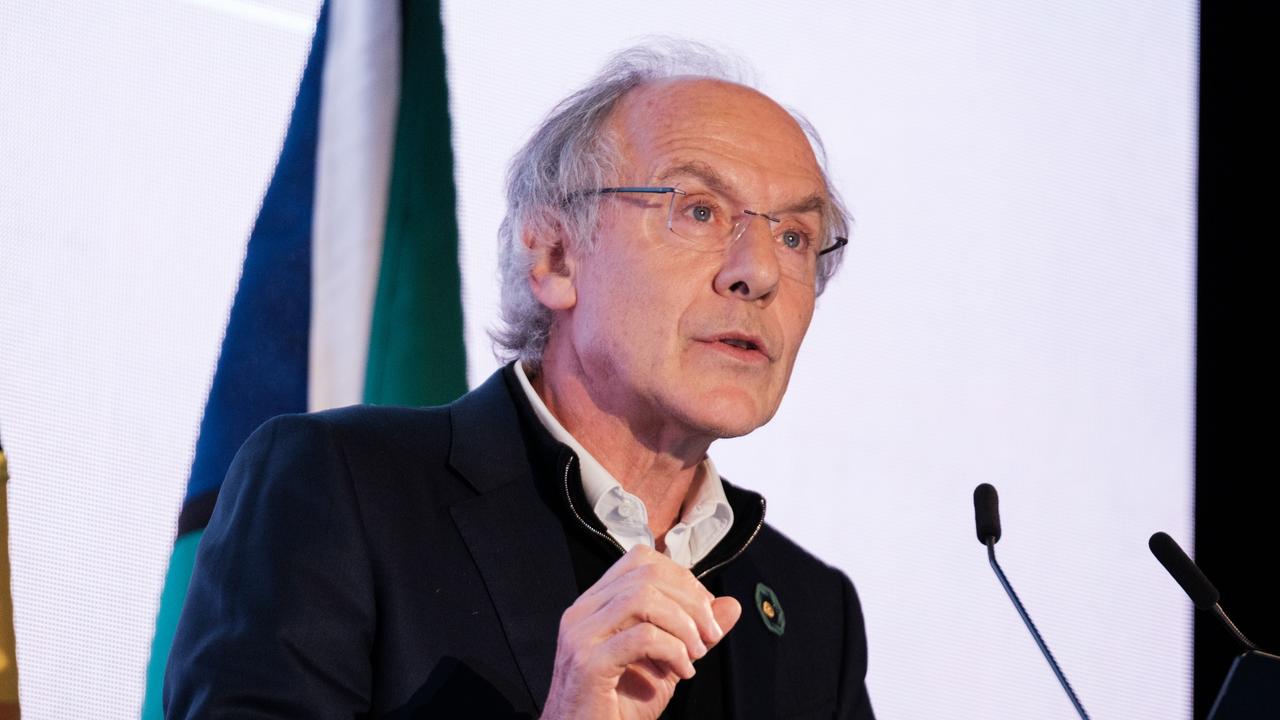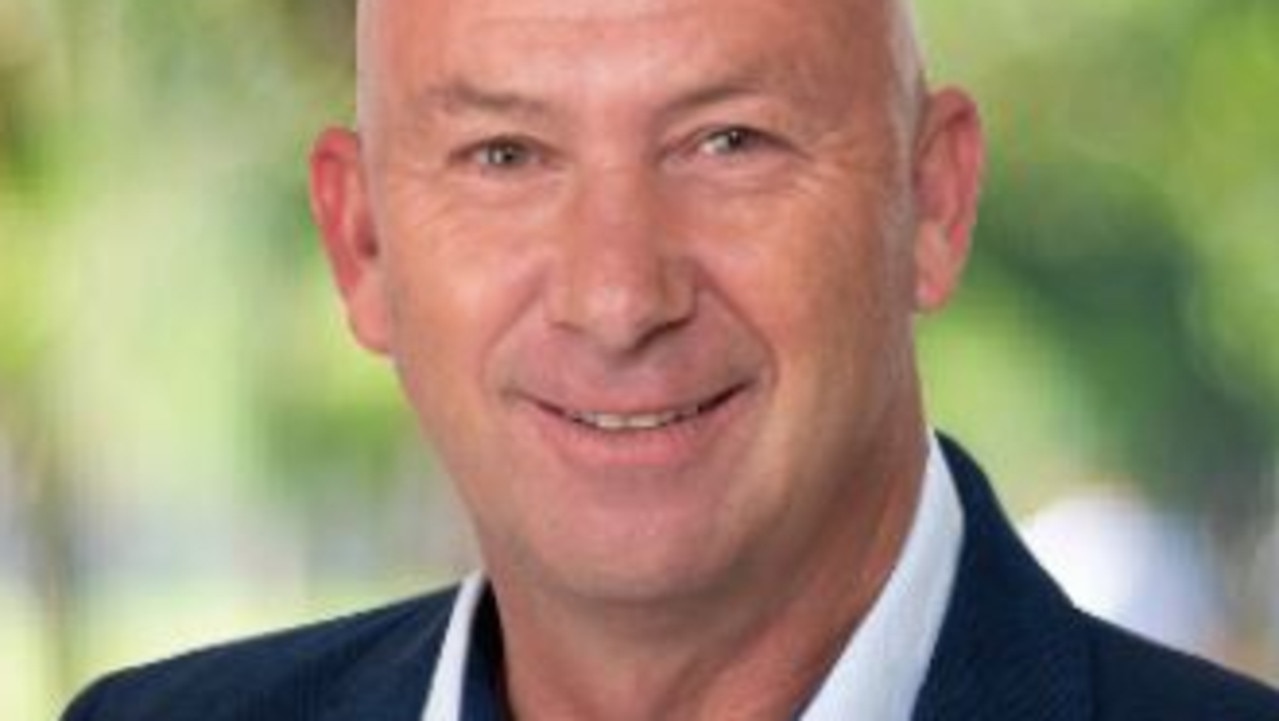How centralisation of decision-making in the Andrews government could undermine democracy
A handful of unelected advisers in Dan Andrews’ private office have “more power than ministers”, giving him unprecedented control in the party.
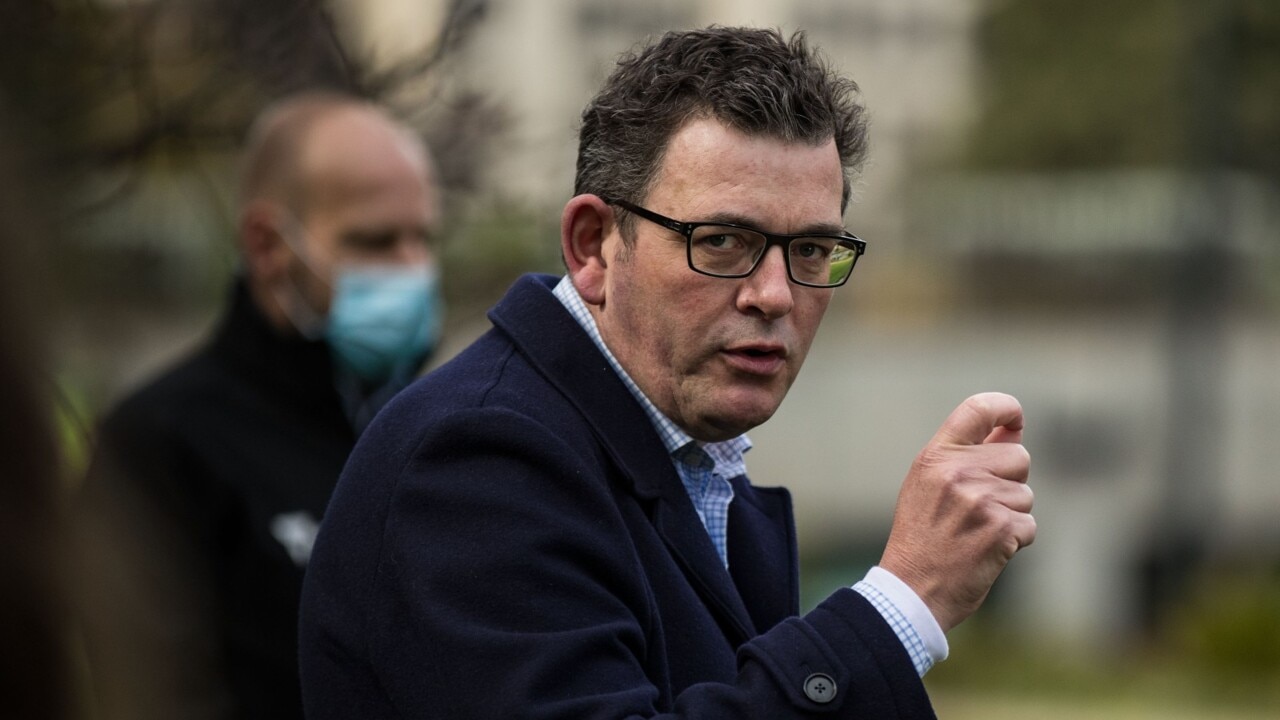
State Election
Don't miss out on the headlines from State Election. Followed categories will be added to My News.
Labor Party insiders have lifted the lid on the iron-fisted power wielded by Daniel Andrews and a team of advisers, with critics likening the Premier to Chinese leader Xi Jinping.
The Premier’s private office (PPO), a team of almost 90 ruled by a handful of senior unelected advisers, now has sweeping control within government.
Senior ALP figures describe them as gatekeepers for policy development, funding discussions, and even parliamentary committee work, and have “more power than ministers”.
Ministers, union leaders, and party elders say some difficult issues disappear into a “black hole” in the PPO, which casts a political lens over everything – particularly in an election year.
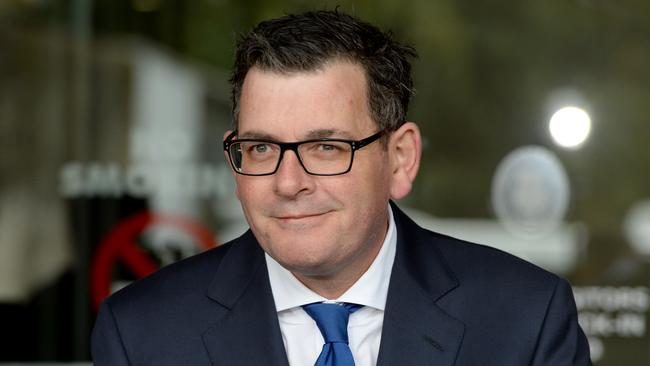
Some reforms killed, stalled or watered down recently include changing bail laws to get low-risk female prisoners out of jail, allowing clubs to offload poker machine licences, and new “safe rates” of pay for truck drivers.
The pandemic heightened centralisation of decision-making, with one minister saying it’s “off the Richter scale; everything is centrally controlled”.
More than two dozen senior Labor figures – across the state and federal parliament and broader party movement – concede the situation could undermine democracy and have long-term consequences – none chose to speak publicly so close to an election.
“You can’t argue with where we (the government) are at. Ideally caucus should be engaged more, but the results at the moment speak for themselves,” one MP said.
“When it goes well, it goes well, when it doesn’t, you get Kevin Rudd.”
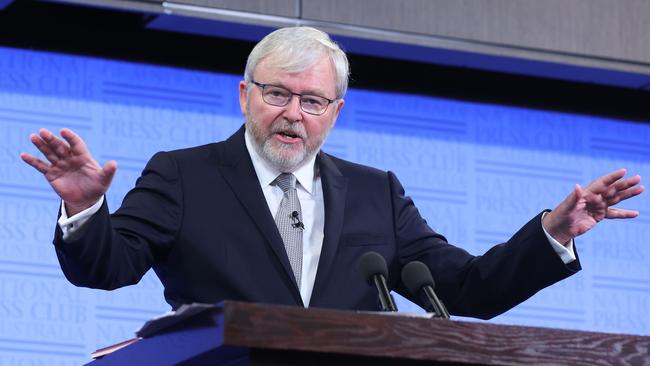
Others say the departure of factional figureheads in Victoria, combined with the suspension of members’ voting rights since branch-stacking allegations were aired in 2020, meant the Premier has unprecedented control in the party.
Cabinet is described as a rubber stamp exercise, with decisions made by subcommittees with favoured ministers, while serial “pests” who want to discuss reforms are shut down. Issues are filtered through the PPO, which recently redrafted key sections of the party’s platform ahead of the election, angering some unions and stakeholders.
But former police minister Lisa Neville, who is retiring at this election, rejected criticisms and said ministers who did their job were “left to do their job”.
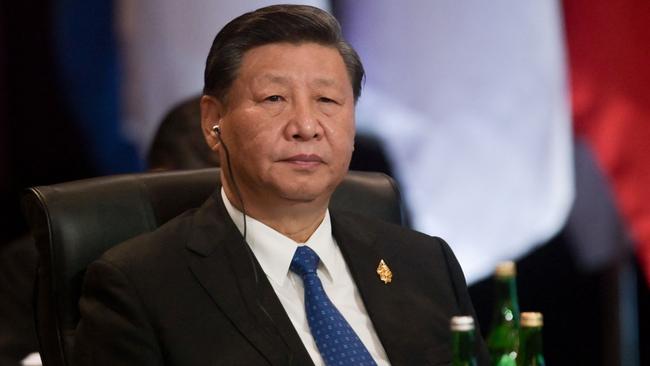
Others, speaking on condition of anonymity, described Andrews as a control freak.
They also lifted the lid on cabinet discussions, including when the premier shut down a push to make radical changes to sexual harassment laws in the workplace.
Earlier this year, the Herald Sun revealed St Kilda Football Club and some RSLs wanted to escape the poker machine industry but hit a brick wall with the Premier’s office.
Insiders said the issue hadn’t reached cabinet, with the Premier’s chief of staff Lissie Ratcliff stepping in before it progressed.
Current and former MPs said the Premier’s office regularly undermined and blurred the lines between the legislative and executive, with PPO staff coaching members of parliament on parliamentary committee tactics.
“The key message they want to get through is how to protect the government,” one said.
“I don’t think this is unique to the Labor Party.”
‘There’s no one who can control him’
Daniel Andrews became such a dominant figure in Victoria during the pandemic his opponents dubbed him “Dictator Dan”.
A senior Labor figure joked the tag fitted given his controlling instincts and propensity to destroy internal threats.
One senior MP likened Andrews to Chinese leader Xi Jinping, who recently had his predecessor, Hu Jintao, escorted out of the Communist Party Congress.
“Some of the MPs feel a bit like Hu Jintao,” they joked.
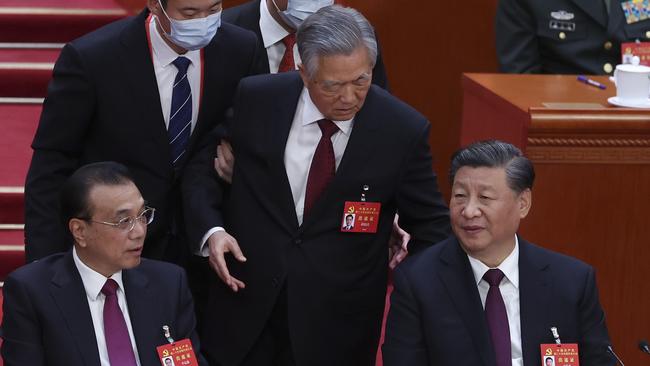
Andrews has always had trusted ministers in his inner circle – those who are on crucial cabinet subcommittees that “actually make all the decisions”.
But the circle has diminished this term, with the departure of former special minister of state Gavin Jennings, former deputy premier James Merlino, and former police minister Neville.
Deputy Premier Jacinta Allan – the Premier’s pick to succeed him as leader – and Treasurer Tim Pallas are now the “two most important ministers”.
Insiders say the biggest change in the Premier’s power dynamic was when Jennings quit in 2020 – just before the pandemic started to rage.
“Ever since Gavin went, there’s no one who can control him,” one MP said.
Another said despite their special status, Jennings and Merlino went “in and out of the Premier’s deep freeze”, along with Pallas.
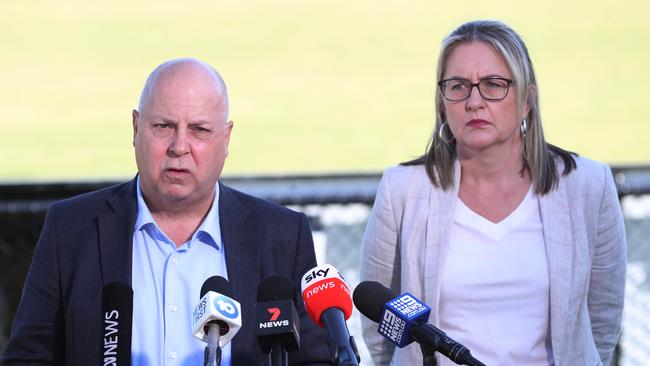
One said the Treasurer and Premier “went at it” about kindergarten funding reforms earlier this year.
Sources say the timing of an announcement was altered by PPO because NSW was working on a similar plan and Andrews and his office won the argument. “Dan always wins,” one MP said.
The PPO’s control of event timing is notorious.
In early September a report on the state’s triple-0 service was released, showing 33 people had died after delays to emergency call-taking.
The report was released on a Saturday morning, with Emergency Services Minister Jaclyn Symes left to apologise on behalf of the state.
By Monday, Daniel Andrews still hadn’t appeared publicly.
Insiders said the PPO wouldn’t budge from its well-worn strategy of avoiding Monday’s dead airwaves, meaning he didn’t appear until Tuesday – and was accused of being in hiding.
“The way that the PPO works, Monday ratings are so low he never does that (press conferences),” one insider said.
“I think that there was a realisation that the strategy didn’t come off (for ESTA).”
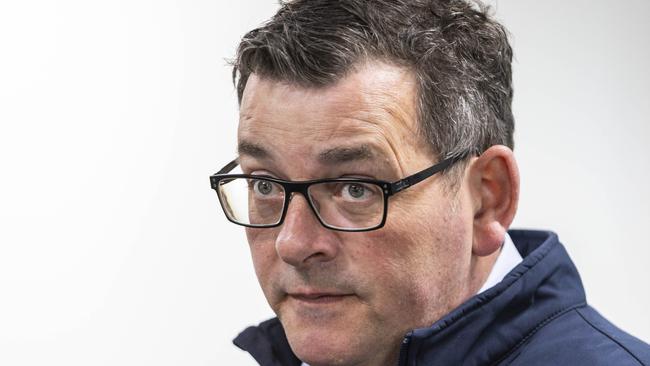
In his defence, Andrews said he was at home on Saturday and Sunday, looking after a sick child.
“I don’t appear every single Sunday,” he said. “The government is not one person. The government is a team of ministers.”
Ministers and former ministers note Andrews’s dominance is partly a result of powerful factional figures retiring. This was evidenced during a recent reshuffle to replace Merlino and Neville, former health minister Martin Foley, former sport minister Martin Pakula, and former planning minister Richard Wynne.
Andrews was able to force through his plan for Allan to replace Merlino as deputy leader, while factions were on the back foot over alternatives.
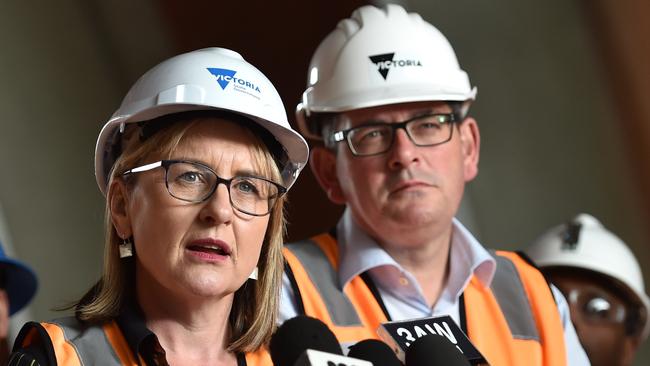
Inside the PPO, the two people who matter most are Ratcliff and her deputy, Jessie McCrone.
Ratcliff, who has been in the role since 2016, is described as a “Labor elite problem fixer”.
“It’s daylight between them and the rest of the PPO (advisers),” one minister said.
Several Labor insiders said director of media Sabina Husic and the head of caucus, stakeholders and parliament Ben Foster were also integral to the PPO operation.
“Lissie knows everything; Jessie knows almost everything, and Sabina and Ben know quite a lot,” one said.
One described the gang of four as effective because they didn’t harbour personal political aspirations but were “ambitious to deliver long-term Labor governments”.
Ratcliff is described as the second most powerful person in Victoria and “calm in a crisis”, with a memory rivalled only by her boss.
McCrone is more forthright, with allies saying she “drives a culture of accountability”.
Federal Macnamara MP Josh Burns, who once worked in the PPO, says McCrone works “extremely hard for the cause”.
Those who have clashed with her say she is hardworking but can be “pretty brutal”.
One senior Labor figure said the PPO was acting like staff towards the end of the Brumby era, who felt they had more clout than senior party figures.
“These f---ers think you can f--- over a union and then hop off for a hot toddy down a laneway,” they said.
A Labor veteran said the senior members of the PPO were politically effective, like their boss.
“They have a commitment to politically savvy things; they do not have a commitment to good things,” they said.
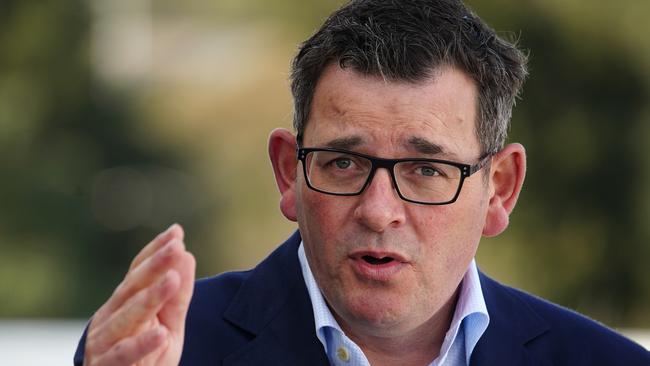
Caucus matters this term have been managed through a team in PPO led by Foster, who previously worked for federal heavyweights Bill Shorten and Tanya Plibersek.
Several MPs and ministers were critical of Foster, with one saying he was “halfway up the Premier’s arse”, but some insiders said his external work as “Daniel’s relationship man” was underrated.
Australian Hotels Association boss Paddy O’Sullivan said the senior members of the PPO – along with key ministers – were crucial for stakeholders wanting issues addressed.
“Lissie, Jessie and Ben in particular, I have had nothing but professional experiences, they are very thorough at following through on issues of importance,” he said.
Most MPs say centralisation of power around a leader is not unique to the ALP and was a symptom of risk-averse modern governments, but one veteran said “it’s not good for democracy”.
The outgoing boss of the Independent Broad-based Anti-corruption Commission, Robert Redlich, recently told a University of Melbourne lecture the model increased the risk of “soft corruption”.
“New risks arise through the potential reach of this swelling group of advisers that provide their leader with a greater capacity to influence those who are required to make a decision with little or no public transparency as to how it occurs,” Mr Redlich said.
Most MPs and staff say centralisation has grown into a different beast this term, particularly since the pandemic.
They also say while Andrews has been successful, the November 26 election would be his last as leader – meaning he is less cautious about process and consultation.
“He (Andrews) is emboldened by his success,” one MP said.
THE INNER SANCTUM
• Dan Andrews
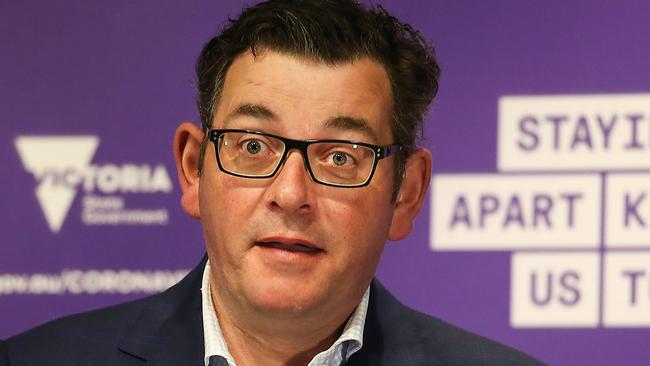
Victorian Premier since November 2014. Hailing from the Socialist Left faction of the ALP, Andrews has forged an unrivalled state political empire his opponents can’t scratch. Allies and enemies attribute his success to astute media management and an understanding of political momentum and the concerns of “middle” voters. “Dan is a one-man band,” said one MP. “He’s not a conviction left-winger but is extremely clever and has a memory like an elephant – that’s his greatest gift. He’s built an unbelievable power base in Victoria where everyone owes everyone a favour”.
• Lissie Ratcliff
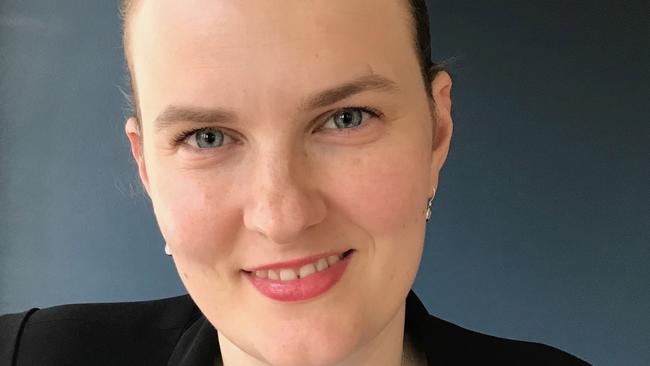
Daniel Andrews’ chief of staff since September 2016 and his most trusted confidante. Former staffer for Bracks and Brumby government minister Tim Holding. “A very fit-for-purpose, Labor elite problem-fixer,” said one observer. “She has become the second most powerful person in Victoria.” Seen as more powerful than government ministers — Partner of Equality Minister Harriet Shing.
• Jessie McCrone
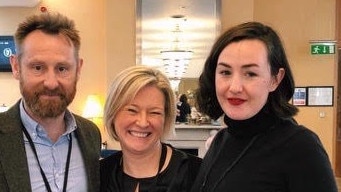
Andrews’ deputy chief of staff. A “super smart” and unrelenting communications specialist who controls the government’s social media machine and is a gatekeeper to departments and ministers. “They know how a story works and they know how to kill it,” said a colleague. Strong Labor links and partner of former ALP assistant state secretary Stephen Donnelly.
• Jacinta Allan
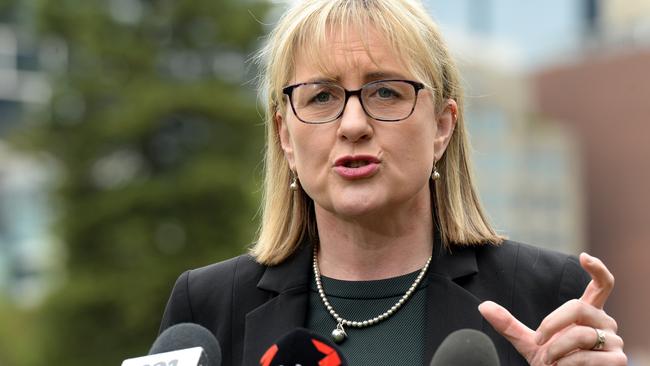
Recently elevated to Deputy Premier and is Andrews’s choice as his successor when he calls time. Elected to parliament in 1999 when Steve Bracks toppled Jeff Kennett. Another Socialist Left MP, but not factionally active or universally popular in caucus. “A good communicator and parliamentary performer” who Andrews has entrusted with overseeing signature infrastructure projects.
• Tim Pallas
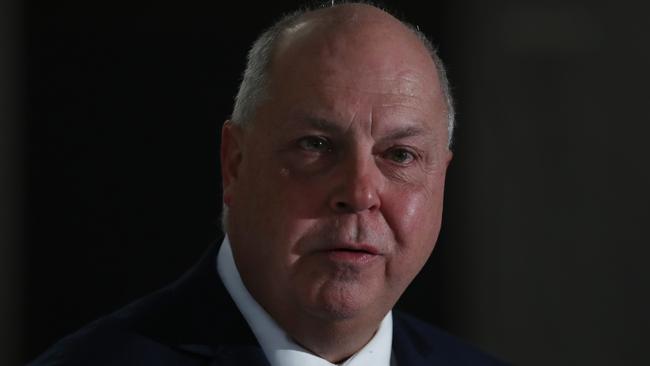
Treasurer for eight years and critical to Andrews’s big-spending approach to government but not as close to the Premier as Allan. Described as an Andrews “yes man”, who established the West Gate Tunnel with Transurban and oversaw the sale of the Port of Melbourne. A key link to many Melbourne business leaders when Andrews took the party’s leadership.
• Sabina Husic
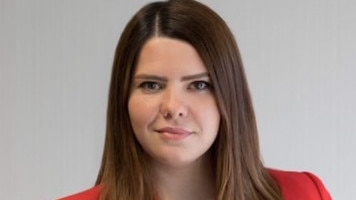
Premier’s “combative” chief spin doctor, who deals directly with Melbourne media bosses and senior journalists. Sister of federal Industry Minister Ed Husic. Replaced former media director Adam Sims two years ago after a brief stint with then-federal opposition leader Anthony Albanese.
• Ben Foster
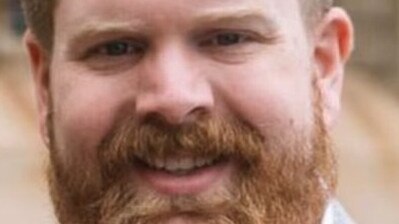
Senior strategist responsible for parliamentary tactics and caucus liaison. Involved in delivery of bills and is often “a contact for grumbling MPs”. Former adviser to Tanya Plibersek and Bill Shorten where he was part of a “dirt unit” that discovered former Speaker Bronwyn Bishop’s infamous choppergate rides billed to taxpayers.
DISCARDED BY DAN
• Gavin Jennings
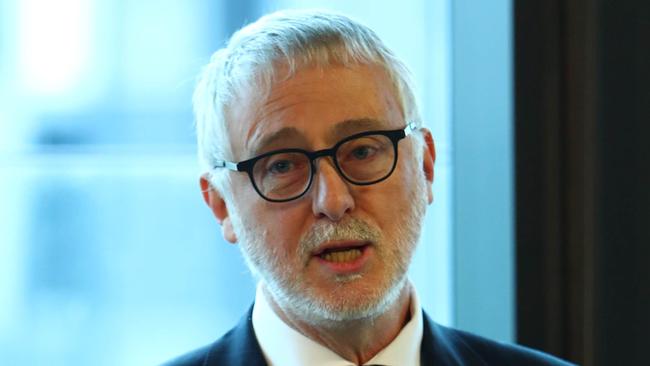
A Socialist Left kingmaker who smoothed the path for Andrews to become leader, and was his closest confidante for years. After repeated clashes over Andrews’ wilder instincts and policy direction, the Premier grew tired of the elder statesman. Sources say the final straw was Andrews taking precinct planning controls off Jennings and giving them to his personal choice as future premier, Jacinta Allan.
• Adem Somyurek
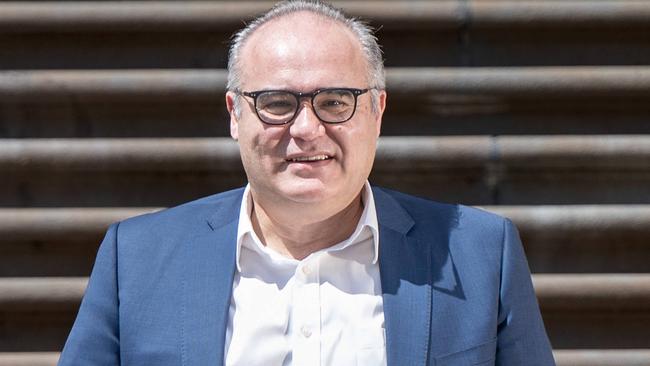
A right-wing powerbroker who sparred with Andrews during factional brawls in the 1990s. Somyurek was part of Andrews’s initial 2014 Cabinet before being targeted over bullying allegations by a former chief of staff, and was reincarnated in 2018 and brought back to Cabinet by Andrews who described him as a “friend”. He was spectacularly brought down in 2020 by an internal sting relating to branch-stacking allegations.
• Chris Eccles
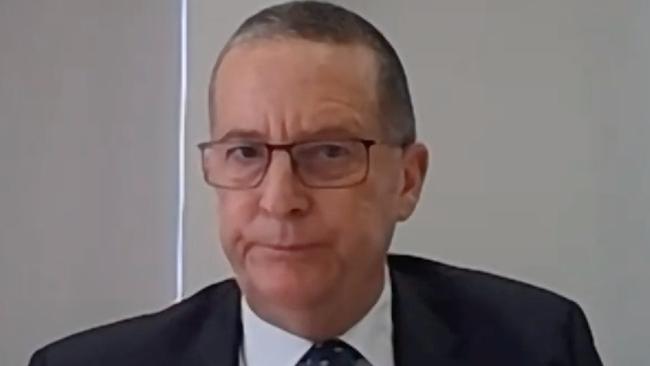
Resigned as Department of Premier and Cabinet secretary in 2021, after providing misleading evidence to the Coate inquiry into the disastrous hotel quarantine scheme. Labor MPs say he was “thrown under the bus” by the premier during his submissions to the inquiry, which was looking at how Covid-19 leaked into the community from hotel quarantine and caused more than 800 deaths. Now lives on the NSW coast. Worked hand in glove with Andrews during his time in DPC.
• Jenny Mikakos
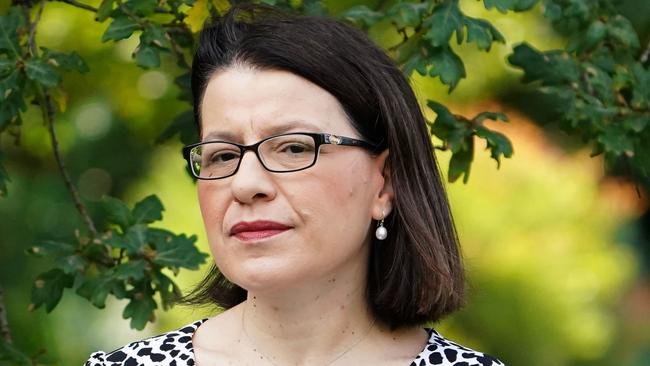
Health Minister during the early months of the pandemic, but quit after the Coate inquiry into hotel quarantine in recognition her position was no longer tenable. Viewed by some as having been discarded by the Premier and his office after they sought to blame her for aspects of the Covid-19 response. Has kept a relatively low profile, with allies saying she was planning to head to Greece.
• Jane Garrett
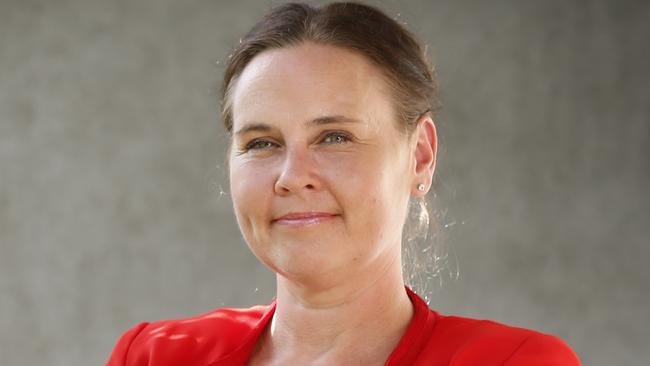
Died in July after a long cancer battle. Her promising career was torpedoed in 2016 when she clashed with the United Firefighters Union over a fire services workplace agreement, only to find the Premier side with UFU boss Peter Marshall over his emergency services minister. Resigned from Cabinet in 2016 and later shifted from the seat of Brunswick to the parliament’s upper house. Friends say the stress of political life took its toll on her health.
• Fiona Richardson
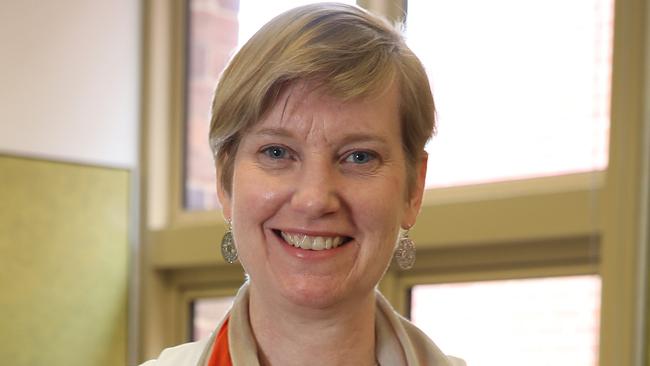
Another cancer victim, Richardson died in 2017. A powerful right wing figure within the ALP, she was known for standing up to Andrews and supported Garrett during her battles with the UFU and Premier’s office. Was in the running to be deputy leader of the ALP following the resignation of Rob Hulls in 2012, a position eventually secured by James Merlino.



